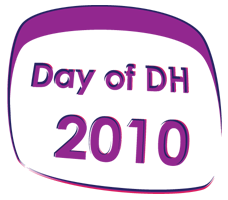From Twitter I discovered Facebook’s Gone Rogue; It’s Time for an Open Alternative on Wired.com by Ryan Singel.
Facebook has gone rogue, drunk on founder Mark Zuckerberg’s dreams of world domination. It’s time the rest of the web ecosystem recognizes this and works to replace it with something open and distributed.
Ryan Singel is right. It is time to replace Facebook. They have decided that privacy is overrated and that their audience doesn’t care. They may be right, but those of us who do care need to vote with our feet (or fingers.) The first step is deactivating Facebook.
I’ve stayed on Facebook, despite the fact that I rarely check it, because old friends have found me on it (and it sends me an email when they befriend me.) It seems that my generation all started joining Facebook a couple of years ago and through it I got in touch with old school friends. That’s the power of social sites like Facebook – their value to us grows as more and more people join. When it was just youth on Facebook it was more of a curiousity, but now that it has become popular across generations, it is harder to quit. After all my long lost California cousins now stay in touch with me on Facebook. Thus Facebook has us where we are afraid to lose our online social presence if we close our account, which is why they can start monetizing our privacy. Singel has convinced me that they have deliberately made that choice.
For this reason I think we have to start deliberately deactivating our accounts, despite the social outcomes (which, to be fair, are not that great when you really think about it.) Deactivating is a message itself about privacy and the social that you send to others on Facebook. If enough people deactivate, the value of Facebook drops for others, which would probably panic Facebook into changing their policy. Imagine if word got out that people were dropping off Facebook – just the perception that it was no longer “the place to be” would threaten its business model. Social media depend on the perception of growth, for which reason they should fear a movement to drop out.
Now I have to figure out how to gracefully quit Facebook.



